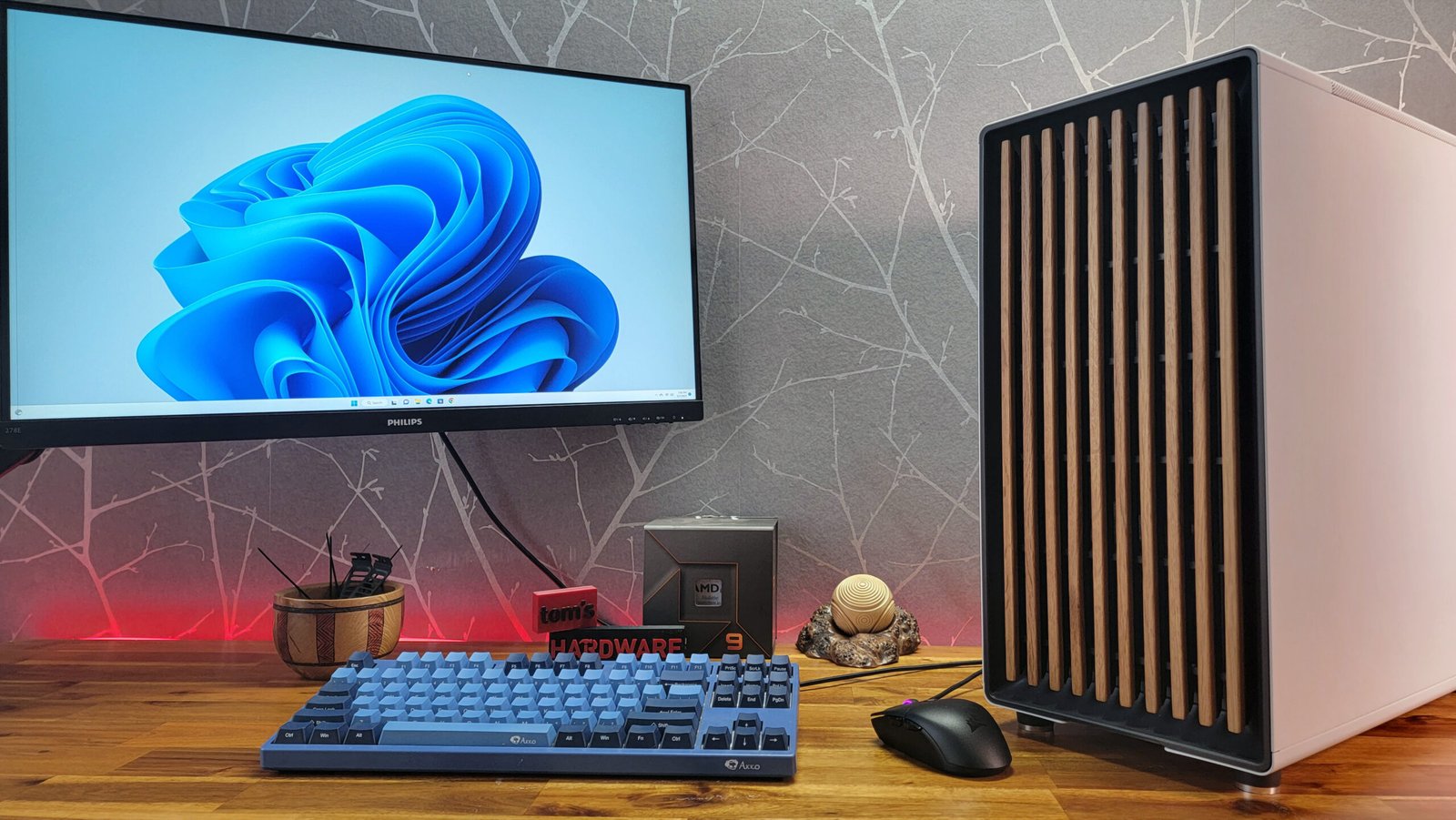Przemysław “Psyho” Dębiak, a 42-year-old programmer from Gdynia, Poland, made history by defeating OpenAI’s custom AI model at the AtCoder World Tour Finals (AWTF) 2025 “Humans vs AI” contest in Tokyo. Considered one of the most prestigious coding tournaments in the world, the AWTF invites just 12 of the top-ranked human programmers—and, for the first time, an AI competitor—to tackle its grueling challenges. After a 10-hour coding marathon, Dębiak edged out the AI by roughly 9.5%, clinching first place while the OpenAI-built model settled for second.
“Humanity has prevailed (for now)!” Dębiak wrote on X, confessing he’d slept only around 10 hours over three days while pushing himself to the limit. OpenAI CEO Sam Altman aptly responded with, “Good job, Psyho.” The AI model, branded OpenAIAHC, was widely expected to dominate the market. Still, Dębiak’s innovative, heuristic-driven approach—using problem-solving shortcuts and educated guesses instead of brute-force calculation—secured the win. Contest administrator Yoichi Iwata praised his distinctive method, noting that while the AI excelled at raw optimization, it “fell short of human creativity.”
Humanity has prevailed (for now!)I’m completely exhausted. I figured, I had 10h of sleep in the last 3 days and I’m barely alive.I’ll post more about the contest when I get some rest. (To be clear, those are provisional results, but my lead should be big enough) pic.twitter.com/fIMo0ifNCdJuly 16, 2025
The AtCoder World Tour Finals (AWTF) is regarded as the ultimate stage for heuristic programming contests that focus on “good-enough” solutions to complex, unsolvable problems rather than perfect ones. This year’s challenge tasked competitors with plotting a robot’s path across a 30×30 grid using the fewest possible moves, an NP-hard optimization problem with countless possible outcomes. With no access to external libraries or documentation, success relied on intuition, creativity, and adaptability—qualities where human ingenuity can still outthink the raw speed and precision of AI models.
Dębiak, a former OpenAI engineer who helped develop OpenAI Five (the Dota 2 AI), competed using only Visual Studio Code with basic autocomplete and admitted the AI pushed him to his limits: “I was close to the model’s score, and that pushed me to give everything.” Near the end of the 10-hour marathon, he overtook OpenAIAHC to claim victory and a 500,000 yen prize. A veteran algorithmic competitor, Mensa member, and four-time TopCoder Open Marathon champion, Dębiak has never held a full-time job and once even joked about considering careers from DJing to professional poker. His win carries symbolic weight, a human triumphing over AI in a field where machines typically excel.
Update: I’m alive and wellThe results are official now and my lead over AI increased from 5.5% to 9.5%😎Honestly, the hype feels kind of bizarre. Never expected so many people would be interested in programming contests. Guess this means I should drop in here more often👀 pic.twitter.com/RsLD8lECNqJuly 17, 2025
All that being said, AI’s steady progress is undeniable—Stanford’s 2025 AI Index found coding benchmarks jumped from 4.4% AI success in 2023 to 71.7% in 2024. With tools like GitHub Copilot used daily by over 90% of developers, AI is reshaping workflows. However, this win highlights that creativity, endurance, and intuition —especially in long-form heuristic challenges —remain human strengths.
Dębiak isn’t naive about the challenge ahead, saying, “It’s easy to imagine a different problem where AI would win and humans would be far behind.”. Still, this feels like a human John Henry moment—a testament not just to sheer human will, but to the spark of creativity machines haven’t replicated and (hopefully) will never be able to.
Follow Tom’s Hardware on Google News to get our up-to-date news, analysis, and reviews in your feeds. Make sure to click the Follow button.



![Lee Dong-heon, CEO of A-Slip. [Maekyung DB]](https://wimg.mk.co.kr/news/cms/202507/21/news-p.v1.20250603.a17d05c190aa481cb4adfc42d8985e5d_P1.jpg)
![Jang Seung-woong, CEO of TenMines. [Photo provided = Ten Minds]](https://travelstoriz.com/wp-content/uploads/2025/07/news-p.v1.20250603.b5d0307b1df04c68a0623a6a622918ad_P1.jpg)





















You must be logged in to post a comment Login